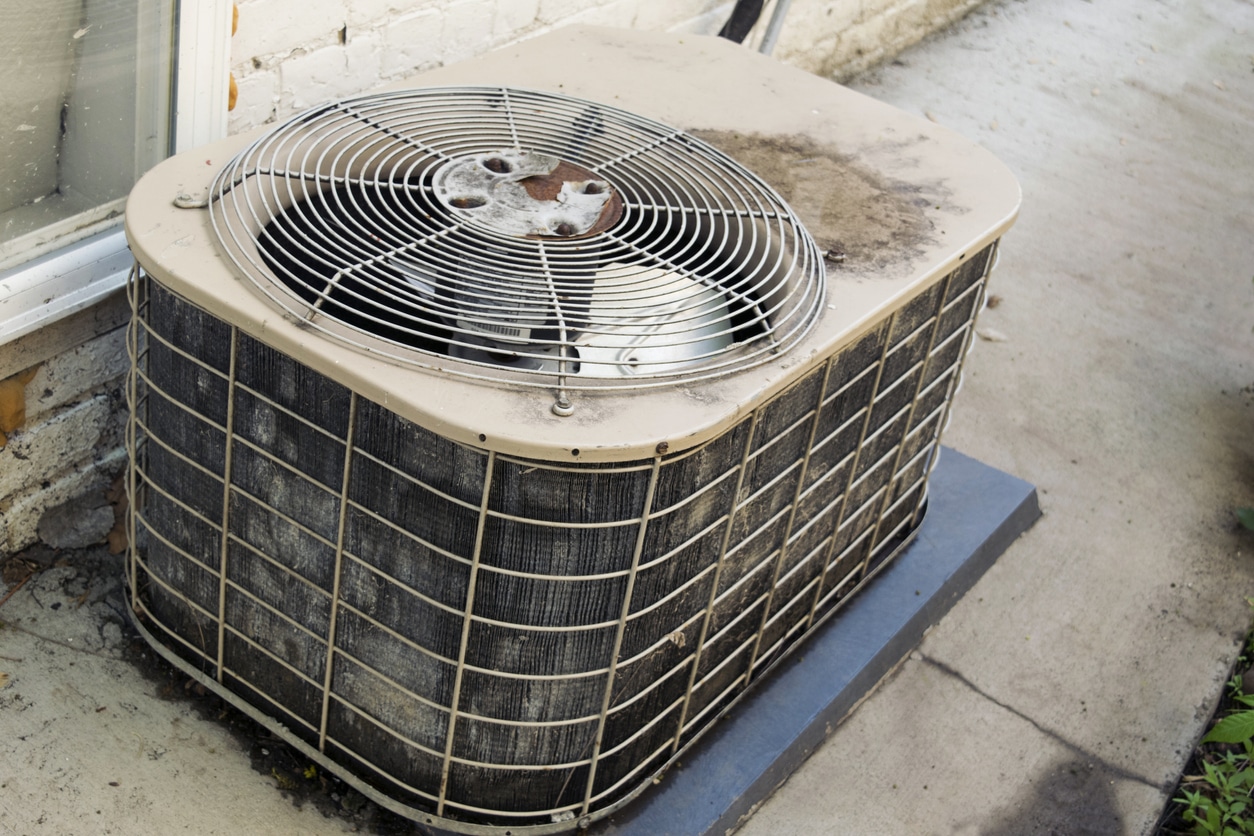
If an HVAC unit in your home is having issues, is it better to repair or replace? Replacing a gas furnace, a central air conditioner or a heat pump with a newer model represents a significant buying decision. On the other hand, repairing an older, failing unit may not be a bargain.
The American Society of Heating, Refrigerating and Air-Conditioning Engineers (ASHRAE) compiles data about the life expectancy of HVAC components. Recent statistics show that central air conditioners and heat pumps typically average up to 15 years before replacement should be considered. Gas-fired furnaces may last up to 18 years or more.
If you’re facing a “repair or replace” decision about HVAC units in your home, here are some factors to help you make the right call.
Is It Worth It?
Replacing certain major parts in aging HVAC systems can be prohibitively expensive.
- The heat exchanger in a gas furnace is a critical safety component and usually the most costly part in the heating system. Replacing the heat exchanger may not be worth the expense if an aging furnace is past the halfway point of its average life span.
- Because central air conditioners and heat pumps incorporate similar components, the “repair or replace” decision is similar for both. For example, the cost of replacing a failing compressor in a central AC or heat pump is a significant outlay and may not provide a good return on investment in an older unit and/or one that’s out of warranty.
Crunching Numbers
The energy efficiency of new central air conditioners, heat pumps, and gas furnaces continues to climb. Upgrading to a new unit as opposed to repairing an old, less-efficient model starts saving you money in the form of lower monthly energy costs from day one.
Is it better to repair or replace? To reach a fully informed decision, ask the professionals at Jackson & Sons for more information about available options.